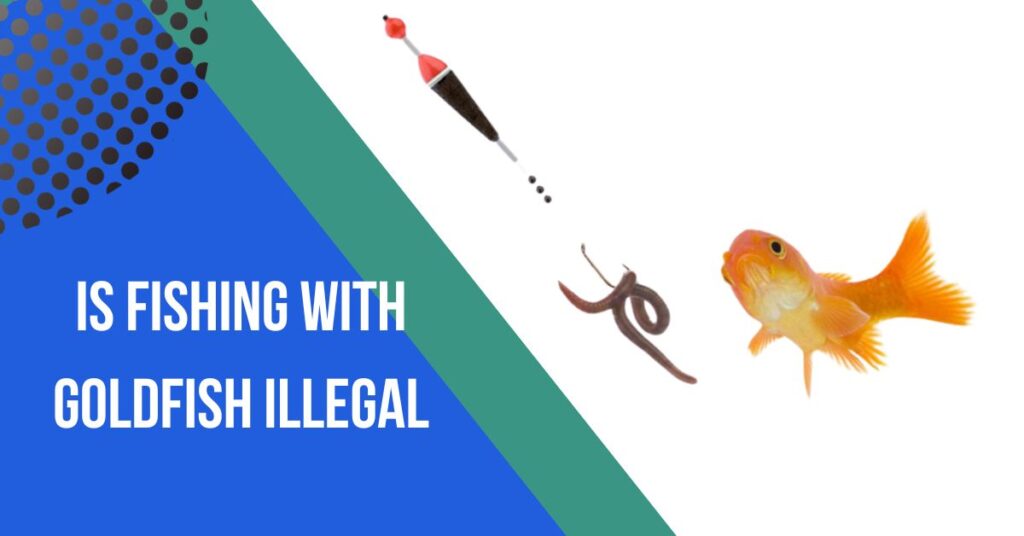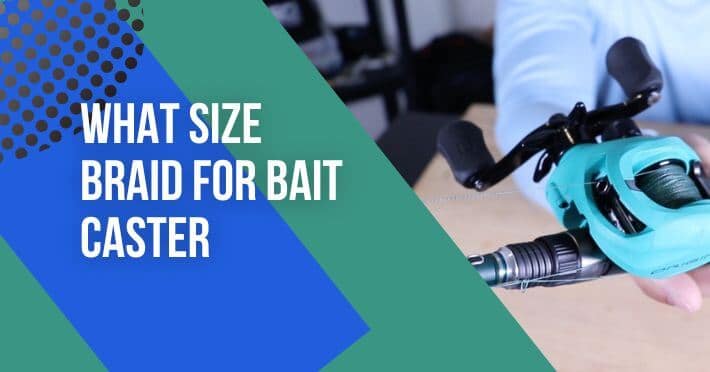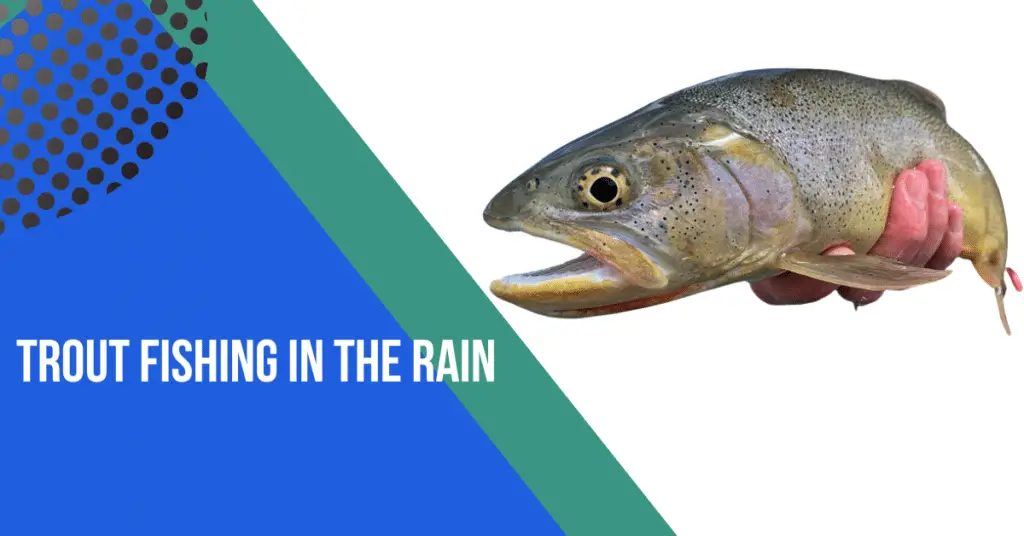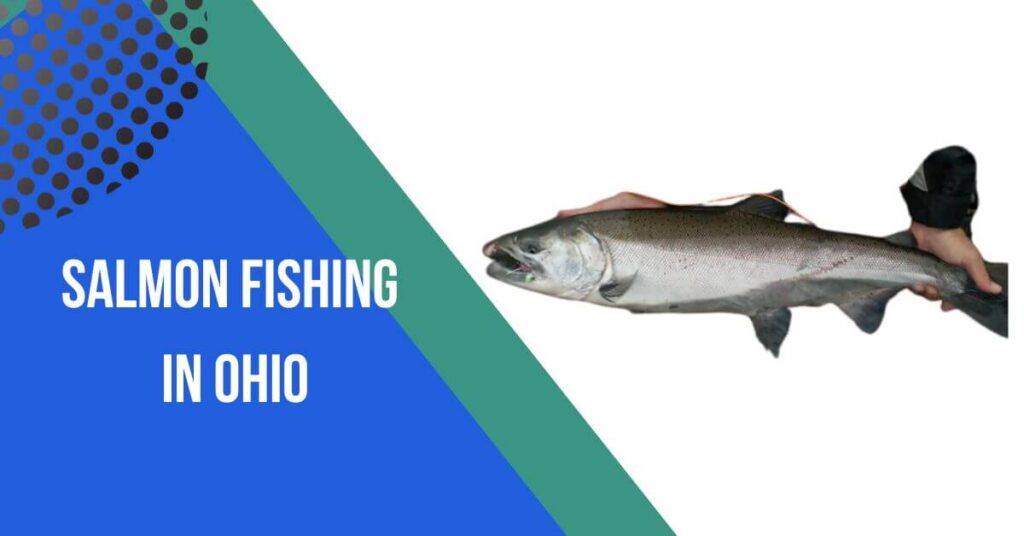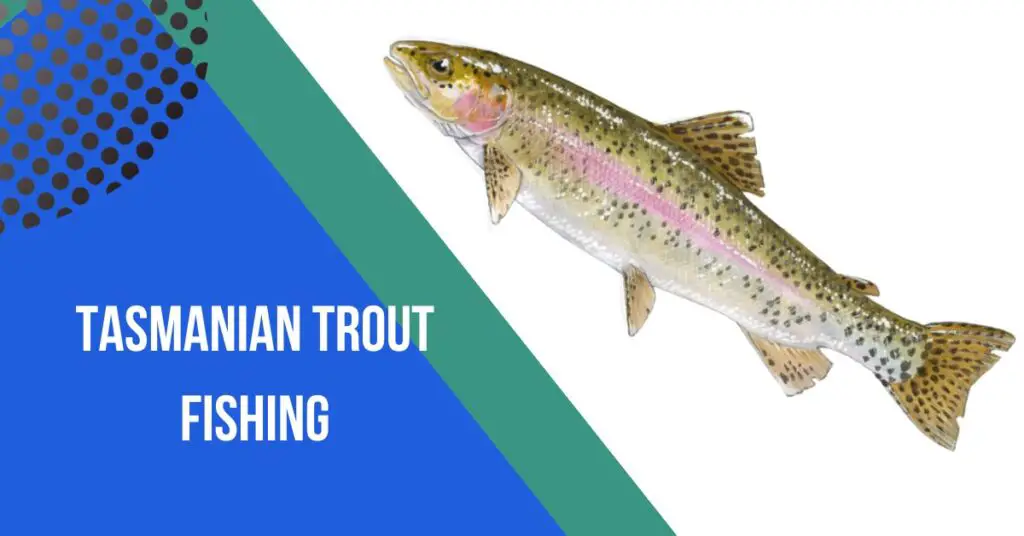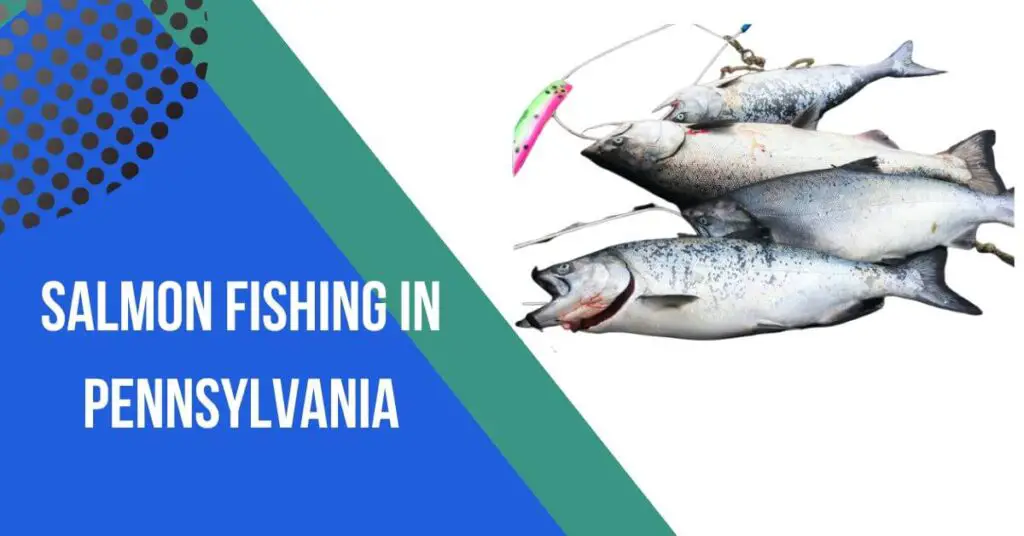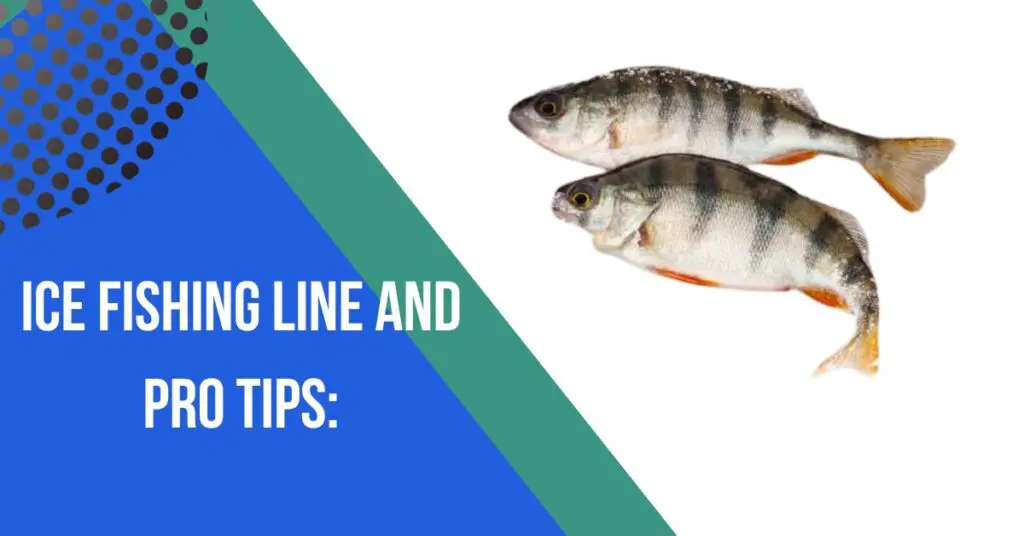Contents
- 1 Is Fishing With Goldfish Illegal:
- 2 Types of fishing licenses:
- 3 Resident Fishing License:
- 4 Non-Resident Fishing License:
- 5 Seasonal/Annual License:
- 6 Daily or Short-Term License:
- 7 Senior Citizen or Disabled Veteran License:
- 8 Youth or Junior License:
- 9 Saltwater Fishing License:
- 10 Freshwater Fishing License:
- 11 Catch-and-Release License:
- 12 Commercial Fishing License:
- 13 Fly Fishing License:
- 14 Specialized Species License:
- 15 Use of Goldfish as Bait:
- 16 Common Practice:
- 17 Types of Fishing with Goldfish:
- 18 Ecological Impact:
- 19 Spread of Diseases:
- 20 Regulations and Restrictions:
- 21 Alternatives:
- 22 Conservation Efforts:
- 23 Ethical Considerations:
- 24 Education and Awareness:
- 25 Ecological Impact:
- 26 Biodiversity Loss:
- 27 Habitat Destruction:
- 28 Introduction of Invasive Species:
- 29 Pollution:
- 30 Climate Change:
- 31 Overexploitation of Resources:
- 32 Loss of Ecosystem Services:
- 33 Conclusion:
- 34 FAQs:
- 35 Q1: Can I use goldfish as bait for fishing?
- 36 Q2: Are there specific regulations for using goldfish as bait?
- 37 Q3: What are the potential ecological impacts of using goldfish as bait?
- 38 Q4: Are there alternatives to using goldfish as bait?
- 39 Q5: Could using goldfish as bait lead to legal consequences?
- 40 Q6: How can I find information about fishing regulations in my area?
- 41 Q7: Are there conservation efforts to address the ecological impact of using goldfish as bait?
- 42 Q8: What can anglers do to promote responsible fishing practices?
In the angling world, where strategies abound and baits come in all shapes and sizes, the question of whether is fishing with goldfish illegal has surfaced as a topic of debate.
Join us as we cast our line into the waters of fishing regulations, exploring the currents of legality, environmental impact, and the broader implications of this controversial angling practice.
Let’s navigate the regulatory waters and reel in the facts about Is Fishing With Goldfish Illegal.
This article dives into the depths of this piscatorial inquiry, seeking to untangle the legal intricacies surrounding the use of goldfish as bait.
As shimmering as goldfish may be in an aquarium, their role as potential bait raises legal and ecological considerations
Is Fishing With Goldfish Illegal:

Using live goldfish as bait for fishing is generally legal in many places, but there are exceptions and specific regulations that vary by region.
It’s important to check the local fishing regulations and laws in the specific area where you plan to fish, as they can differ significantly.
In some places, using certain live bait, including goldfish, might be prohibited due to concerns about introducing non-native species into local ecosystems. Goldfish, when released into the wild, can survive and reproduce, potentially causing ecological problems.
To ensure that you are in compliance with local regulations, it’s advisable to contact the relevant fisheries or wildlife management authorities or check their websites for the most up-to-date and accurate information on fishing regulations in your area.
Always prioritize environmental conservation and responsible fishing practices to help protect ecosystems and native species.
Types of fishing licenses:
Fishing licenses are permits issued by government authorities that grant individuals the legal right to engage in fishing activities.
The types of fishing licenses can vary depending on factors such as the location, the type of fishing, the species targeted, and the duration of the license. Here are some common types of fishing licenses:
Resident Fishing License:
- Issued to individuals who are permanent residents of a specific state or region.
- Typically, residents enjoy lower license fees compared to non-residents.
Non-Resident Fishing License:
- Issued to individuals who do not reside permanently in the area but wish to fish there.
- Non-resident licenses often have higher fees than resident licenses.
Seasonal/Annual License:
- Valid for a specific period, usually a year.
- Provides the license holder with the right to fish during the entire fishing season.
Daily or Short-Term License:
- Valid for a short duration, often a single day or weekend.
- Ideal for tourists or occasional anglers who do not plan to fish regularly.
Senior Citizen or Disabled Veteran License:
Some jurisdictions offer discounted or free licenses for senior citizens or disabled veterans to encourage their participation in fishing.
Youth or Junior License:
- Designed for young individuals, often below a certain age (e.g., 16 years old).
- Usually, these licenses are priced lower than adult licenses.
Saltwater Fishing License:
- Required for individuals who wish to fish in saltwater bodies, such as oceans and seas.
- May have specific regulations and fees distinct from freshwater licenses.
Freshwater Fishing License:
- Issued for fishing in freshwater bodies like lakes, rivers, and ponds.
- Regulations and fees may differ from saltwater licenses.
Catch-and-Release License:
Some areas offer special licenses for anglers who practice catch-and-release fishing exclusively.
Commercial Fishing License:
- Issued to individuals or businesses engaged in fishing for commercial purposes.
- Different regulations and fees apply compared to recreational licenses.
Fly Fishing License:
- In certain regions, there are specific licenses for individuals engaging in fly fishing.
- This may include regulations related to the gear used.
Specialized Species License:
- Some jurisdictions offer licenses targeting specific species, such as trout or salmon.
- Designed to manage and conserve specific fish populations.
It’s important for anglers to be aware of and adhere to the specific regulations associated with the type of fishing license they hold, as violating these regulations can result in fines or other penalties.
Additionally, the details mentioned here are general and may vary by location, so it’s crucial to check the regulations of the specific area where you plan to fish.
Use of Goldfish as Bait:
Common Practice:
- Some anglers use live goldfish as bait to attract larger predatory fish.
- Goldfish are known for their lively and attention-grabbing movements, making them attractive to predatory species.
Types of Fishing with Goldfish:

Goldfish may be used in various fishing techniques, including angling, trolling, or as live bait for larger game fish.
Ecological Impact:
- One of the primary concerns is the potential ecological impact. Releasing non-native species like goldfish into natural waters can disrupt local ecosystems.
- Goldfish are known to be invasive in some areas, outcompeting native species for resources and altering the balance of aquatic environments.
Spread of Diseases:
Goldfish introduced to new environments may carry diseases or parasites that can be transmitted to native fish populations, causing health issues and potentially leading to declines in local fish populations.
Regulations and Restrictions:
- Many jurisdictions have regulations regarding the use of live bait, and in some cases, using goldfish as bait may be explicitly prohibited.
- Regulations may vary by region, so it’s essential for anglers to be aware of and comply with local laws.
Alternatives:
- To mitigate the ecological impact, anglers are encouraged to use alternative bait options that are environmentally friendly.
- Artificial lures, synthetic baits, or locally sourced and approved live bait may be preferable to using non-native species like goldfish.
Conservation Efforts:
Some areas implement conservation programs to address the negative effects of introduced species, including the removal of invasive species like goldfish from natural waters.
Ethical Considerations:
- Using goldfish as bait raises ethical concerns, particularly when considering the welfare of the animals involved.
- There may be debates about the humane treatment of goldfish used as live bait, as they can experience stress and injury during the fishing process.
Education and Awareness:
- Increasing awareness about the potential ecological impact of using goldfish as bait is crucial.
- Educational initiatives can promote responsible fishing practices and encourage anglers to make informed choices that contribute to environmental conservation.
In summary, the use of goldfish as bait in fishing is a practice that comes with ecological and ethical considerations.
Anglers should be mindful of the potential impacts on local ecosystems, comply with fishing regulations, and consider alternative, more environmentally sustainable bait options.
Ecological Impact:
The ecological impact refers to the effect that human activities, such as industrial processes, agriculture, urbanization, or specific practices like fishing or introducing non-native species, can have on the natural environment and its ecosystems.
The ecological impact can be both positive and negative, but it is often used to highlight the potential harm or disruption caused by human actions.
Here’s a more detailed exploration of the ecological impact, focusing on the negative aspects:
Biodiversity Loss:
- Human activities can contribute to the loss of biodiversity by altering or destroying habitats, introducing invasive species, and disrupting ecosystems.
- Biodiversity loss can have cascading effects, affecting the abundance and distribution of various plant and animal species.
Habitat Destruction:
- Urbanization, deforestation, and industrial activities can lead to the destruction and fragmentation of natural habitats.
- Loss of habitat can threaten the survival of numerous species, especially those with specialized environmental requirements.
Introduction of Invasive Species:
- Introducing non-native species to new environments, intentionally or unintentionally, can have detrimental effects on local ecosystems.
- Invasive species may outcompete native species for resources, disrupt food chains, and alter the structure and function of ecosystems.
Pollution:
Pollution from various sources, including industrial discharges, agricultural runoff, and improper waste disposal, can contaminate air, soil, and water.
Pollutants such as chemicals, heavy metals, and nutrients can have toxic effects on plants, animals, and microorganisms, leading to ecosystem degradation.
Climate Change:
- Human activities, particularly the burning of fossil fuels, contribute to the accumulation of greenhouse gases in the atmosphere, leading to climate change.
- Changes in temperature, precipitation patterns, and sea levels can have profound impacts on ecosystems and their inhabitants.
Overexploitation of Resources:
Unsustainable harvesting of natural resources, such as overfishing, deforestation, and excessive hunting, can deplete populations and disrupt the balance within ecosystems.
Overexploitation can lead to the decline or extinction of certain species and negatively impact ecosystem dynamics.
Loss of Ecosystem Services:
Ecosystems provide a wide range of services, including clean air and water, pollination of crops, and climate regulation.
The ecological impact of human activities can compromise these services, affecting the well-being of both natural systems and human populations.
Addressing and mitigating the ecological impact often requires a combination of conservation efforts, sustainable practices, and policy measures.
Conservation strategies aim to preserve biodiversity, protect habitats, and promote sustainable resource use to minimize the negative consequences of human activities on the environment.
Conclusion:
Fishing with goldfish is generally considered illegal in many places due to environmental concerns, potential harm to native species, and regulations aimed at protecting ecosystems.
It is crucial for anglers to be aware of and adhere to local fishing laws to ensure the preservation of aquatic environments and the sustainability of fish populations.
FAQs:
Q1: Can I use goldfish as bait for fishing?
A1: The legality of using goldfish as bait varies by location. It’s crucial to check local fishing regulations to determine whether this practice is allowed or prohibited in your specific area.
Q2: Are there specific regulations for using goldfish as bait?
A2: Yes, many jurisdictions have specific regulations regarding the use of live bait, including goldfish. These regulations may outline permissible species, sizes, and methods for using live bait in fishing.
Q3: What are the potential ecological impacts of using goldfish as bait?
A3: Introducing non-native species like goldfish into natural waters can disrupt local ecosystems. Goldfish are known to be invasive in certain areas, outcompeting native species and altering the balance of aquatic environments.
Q4: Are there alternatives to using goldfish as bait?
A4: Yes, there are several environmentally friendly alternatives, such as artificial lures, synthetic baits, or locally sourced and approved live bait. Choosing these alternatives can help mitigate the ecological impact of using goldfish.
Q5: Could using goldfish as bait lead to legal consequences?
A5: Using goldfish as bait in violation of fishing regulations can result in legal consequences, including fines or other penalties. It’s essential to stay informed about local laws and adhere to them to avoid legal issues.
Q6: How can I find information about fishing regulations in my area?
A6: Local fisheries departments, wildlife agencies, or official government websites typically provide up-to-date information on fishing regulations. It’s advisable to check these sources or contact local authorities for the most accurate and current information.
Q7: Are there conservation efforts to address the ecological impact of using goldfish as bait?
A7: Some areas implement conservation programs aimed at mitigating the negative effects of introduced species. These efforts may include the removal of invasive species like goldfish from natural waters to preserve local ecosystems.
Q8: What can anglers do to promote responsible fishing practices?
A8: Anglers can contribute to responsible fishing by staying informed about regulations, choosing environmentally friendly bait options, and participating in education and awareness initiatives. Being mindful of the ecological impact helps ensure sustainable fishing practices.

